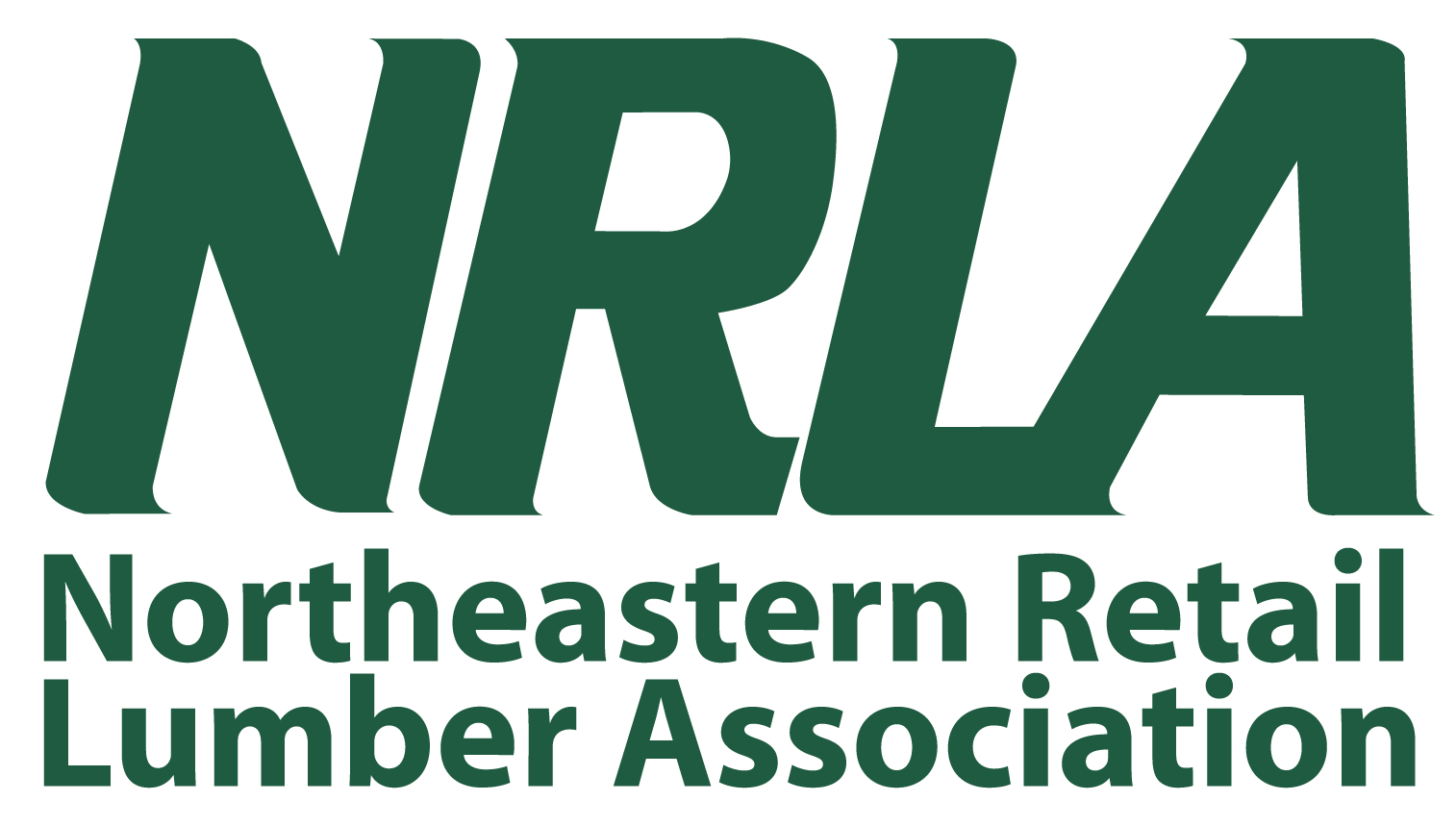On January 1, 2025, the forty members of the Massachusetts State Senate and the 160 members of the House of Representatives were sworn into office for the 2025 – 2026 legislative session. Since that time, those legislators have filed over 7,000 pieces of legislation that will be considered by the thirty-two joint Senate and House legislative committees. I have outlined below for your information the priority bills of interest that the MRLDA Legislative Committee will be tracking and providing input on behalf of the MRLDA members. Please feel free to contact me at ph@mabayassoc.com if you have any comments or questions regarding these proposals.
Business Operations
SB 29 & HB 78 – Data Privacy Protection: would set strict standards on how companies can collect, use, and sell personal information. Companies would be required to maintain personal information for individuals for a period no longer than is necessary for the purpose for which the information was collected. Companies would be required to conduct risk assessments of their data storage systems to detect security incidents, and the system’s ability to resist illegal actions by third parties. Covered retailers will also need to provide consumers with more extensive “right to privacy notices” that detail how the consumer’s data is used and whether the information is sold to third parties or used for targeted advertising. Customers would also have the right to request that their data be removed from company databases.
SB 204 & HB 375 – Authorizing Credit Card Surcharge: would allow retailers to impose a surcharge on credit card transactions. The surcharge details must be displayed at the point of sale. For online transactions, mobile applications, or electronic kiosks, sellers must inform customers of surcharges on the checkout page. In instances where transactions occur over the phone, verbal disclosure of the surcharge is required before the payment is processed.
SB 233 & HB 2669 & Hoisting Examinations for Foreign Language Speakers: would require the Division of Occupational Licensure to offer both written and practical exams in multiple languages, including Portuguese, and Spanish. The division has the discretion to provide exams in other languages as deemed appropriate.
SB 1036 – Liability for Accidents for Trucks without Side Guards: would impose a rebuttable presumption of negligence against truck drivers in cases of accidents resulting in personal injury or death where the vehicle is not equipped with lateral protective devices, convex mirrors, and backup cameras. This presumption would apply to operators of motor vehicles that are classified as class 3 or higher and have a gross vehicle weight rating of 10,001 pounds or more.
SB 1349 & HB 2107 – Increasing the Minimum Wage: would increase the minimum wage by successive annual increments from the current $15.00 to $20.00 by 2029. In 2030, the state would then adjust the minimum wage to reflect inflation changes, using the consumer price index for urban wage earners.
SB 2185 & HB 3406 – Delay of the Clean Truck Rule: would delay the enforcement of the Advanced Clean Trucks and Heavy-Duty Omnibus regulations by the Department of Environmental Protection until July 1, 2027. The current rules have prevented the sale of new medium and heavy-duty trucks in Massachusetts since January 1 of this year.
SB 2343 – Expanding Truck Side Guard Safety Requirements: this would amend the current law that requires vendors that contract with state agencies to use truck side guards by expanding the requirement to companies that have contracts with municipalities.
HB 108 – Ban on Pesticides Used to Treat Wood Products: would ban the sale or use of lumber treated by the pesticide Neonicotinoid.
HB 3639 – Increasing Truck Weight Limits: would increase the allowable weight limit for trucks in combination with a trailer traveling on public ways from 85,000 to 99,000 pounds.
Housing and Building Codes
SB 1025 – Streamlining Housing Permitting: would create “Housing Priority Zones,” which are designated areas that support increased housing density and affordability. These zones would permit housing development with at least 50% more units than currently allowed and require at least 40% of the housing to be affordable. The development may employ cluster development or open space residential design, and these zones are selected in partnership with the Department of Housing and Community Development as priority development sites. Housing units in these zones will receive a credit of 1.75 units when evaluating compliance with Chapter 40B.
SB 1655 & HB 2644 – Local Option Sprinkler Codes: would authorize individual communities to adopt an ordinance to require the installation of automatic sprinkler systems in new or modified residential buildings with two or more dwelling units.
SB 2266 & HB 3523 – Electrification of New and Remodeled Housing Units: would ban the use of fossil fuels for heating, cooling, cooking, and clothes drying in all newly constructed or remodeled commercial and residential buildings. Currently, only ten communities are allowed to ban the use of fossil fuels under the pilot program established by the Legislature.
HB 1848 – Regulating Accessory Dwelling Units: would allow municipalities to impose regulations on Accessory Dwelling Units such as adherence to environmental codes, site plan reviews, dimensional setbacks, and the size and height of structures. It would also allow for restrictions on short-term rentals of ADUs. Local governments could require that either the ADU or the main residence be owner-occupied and can require up to one additional parking space for the ADU. None of these restrictions are included in the current law that allows for the construction of ADU’s in Massachusetts.
Labor Law and Employee Benefits
SB 1315 – Work Status Verification: would require all employers to verify the employment eligibility of new hires through the federal E-Verify program to prevent the employment of unauthorized aliens. For first-time violations, employers could face penalties including license suspensions, while repeat offenses might lead to permanent revocation of business licenses at the violation site.
SB 1354 – Workers in Hot Conditions: seeks to enhance workplace safety by implementing measures to protect employees from heat-related illnesses. It would ensure employees have access to free fresh and cool drinking water, positioned as close as practical to their work areas. It would require employers to provide and maintain adequately sized shaded areas for employees to use during recovery, rest, and meal periods when the heat index exceeds 80 degrees Fahrenheit. These shaded areas must be large enough to accommodate all employees on break without physical contact. Employees would be allowed to take preventive cool-down rests in these shaded locations as needed to prevent overheating.
SB 1361 – Establishing Paid Prenatal Leave: Massachusetts law requires employers with more than six employees to offer their employees 8 weeks of unpaid parental leave for the birth or adoption of a child. This bill would require employers to pay employees a minimum of 24 hours of paid parental leave.
HB 1917 – Authorizing Employee Representatives to File a Private Right of Action: would allow non-profit organizations, or labor unions that have a member employee to have standing to file a private right of action on behalf of the Attorney General to obtain relief for affected employees that have a claim against an employer for wage violations. The current law allows the affected employee or Attorney General to file a criminal claim for wage theft. The employer will be required to pay a 20% surcharge tax on the total amount awarded by the court, including costs, to be paid into a wage enforcement trust fund by the employer. The payment of wages made, or an offer of payment made after the action commenced shall not be a defense under this legislation.
HB 2119 – Use of Credit Reports: would prohibit employers from viewing the credit report of an applicant when making employment decisions, and from requiring job applicants to answer questions about their creditworthiness. Exceptions to this prohibition would apply in cases where the applicant is applying for a senior position with fiduciary responsibilities.
HB 2188 – Bereavement Leave: would require employers to provide up to 10 days of bereavement leave for the death of a family member, which includes children, parents, guardians, siblings, spouses, or individuals with whom the employee is in a substantive dating or engagement relationship and shares a residence. The leave can be taken consecutively or non-consecutively within a twelve-month period and must commence within thirty days following the notification of the death. Employers are permitted to request appropriate documentation to substantiate the leave. This requirement would not apply to businesses with fewer than twenty-five employees. Employers would have the discretion to determine whether the leave is paid or unpaid.
Taxation
SB 1930 & HB 3056 – Local Option Real Estate Transfer Fees to Fund Affordable Housing: would enable any community to impose an additional transfer fee on real estate transactions to fund the acquisition, construction, and preservation of affordable housing for low and moderate-income families. Municipalities can set the transfer fee rate between 0.5% and 2% of the purchase price, with flexibility for cities, towns, or commissions to decide if the fee is payable by the purchaser, seller, or shared between them. The proposed surcharge must receive approval from two-thirds of the local appropriating authority and be approved by voters at a municipal or state election.
HD 4360 – Local Option Vehicle Excise Tax: would authorize communities to levy an additional 5% surcharge on the existing motor vehicle excise tax. The current tax is set at a rate of $25 per $1,000 valuation.


